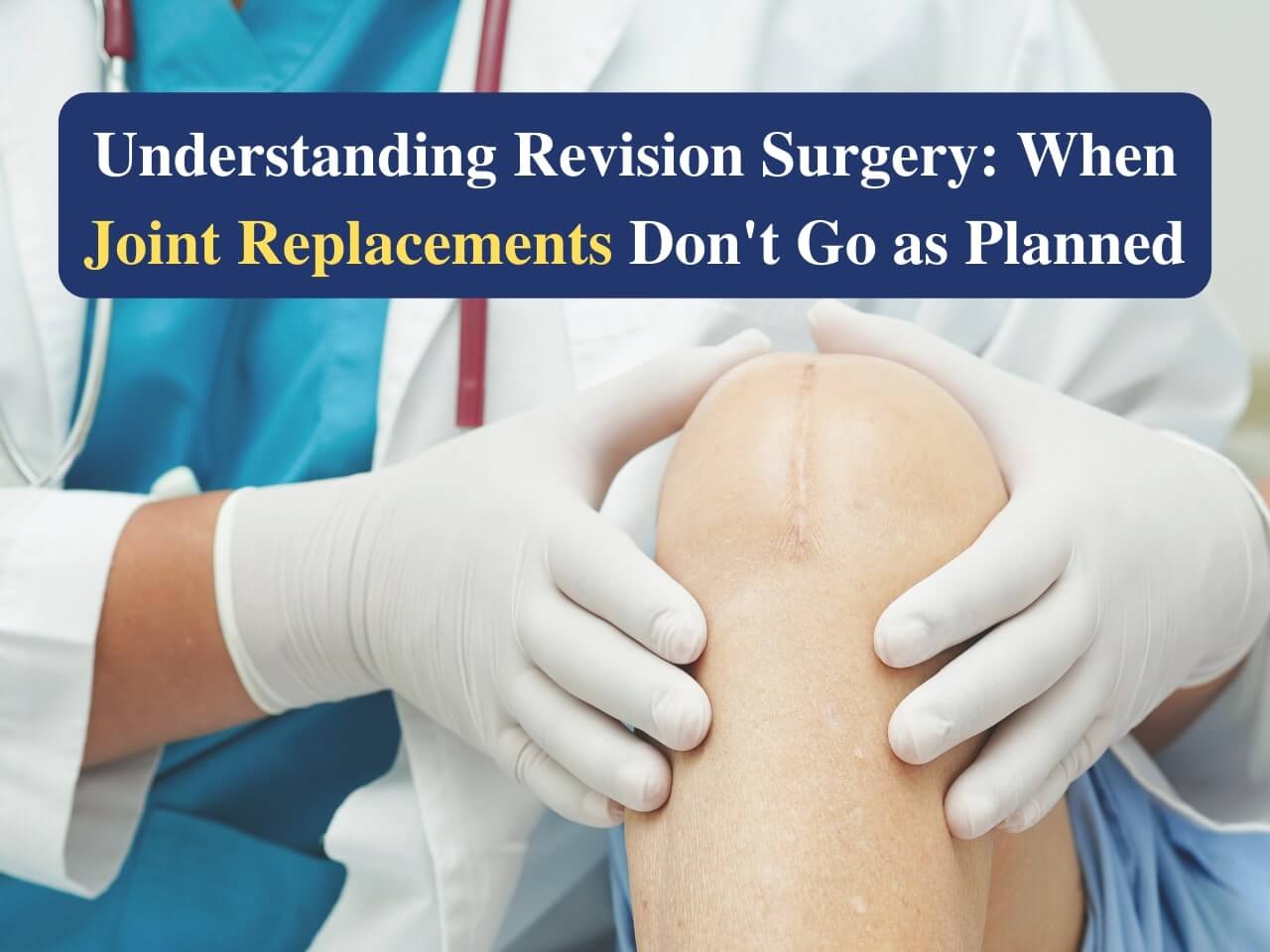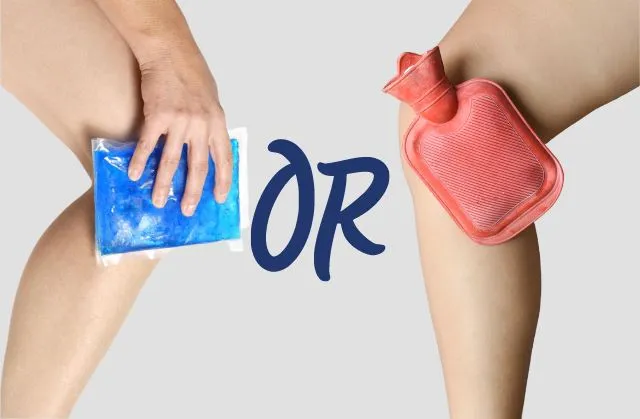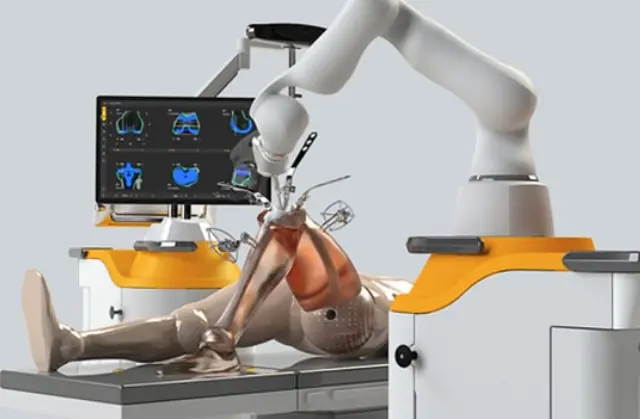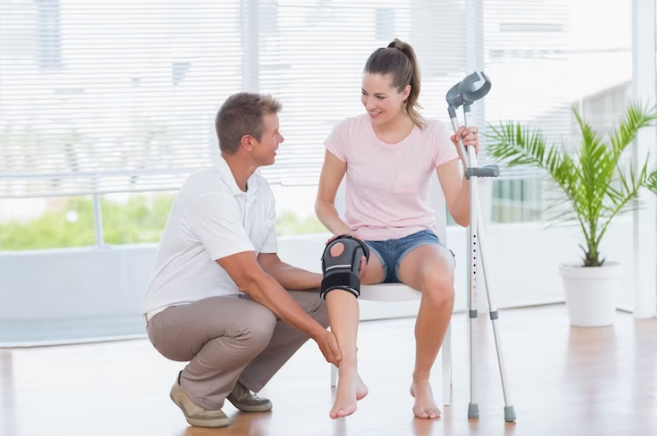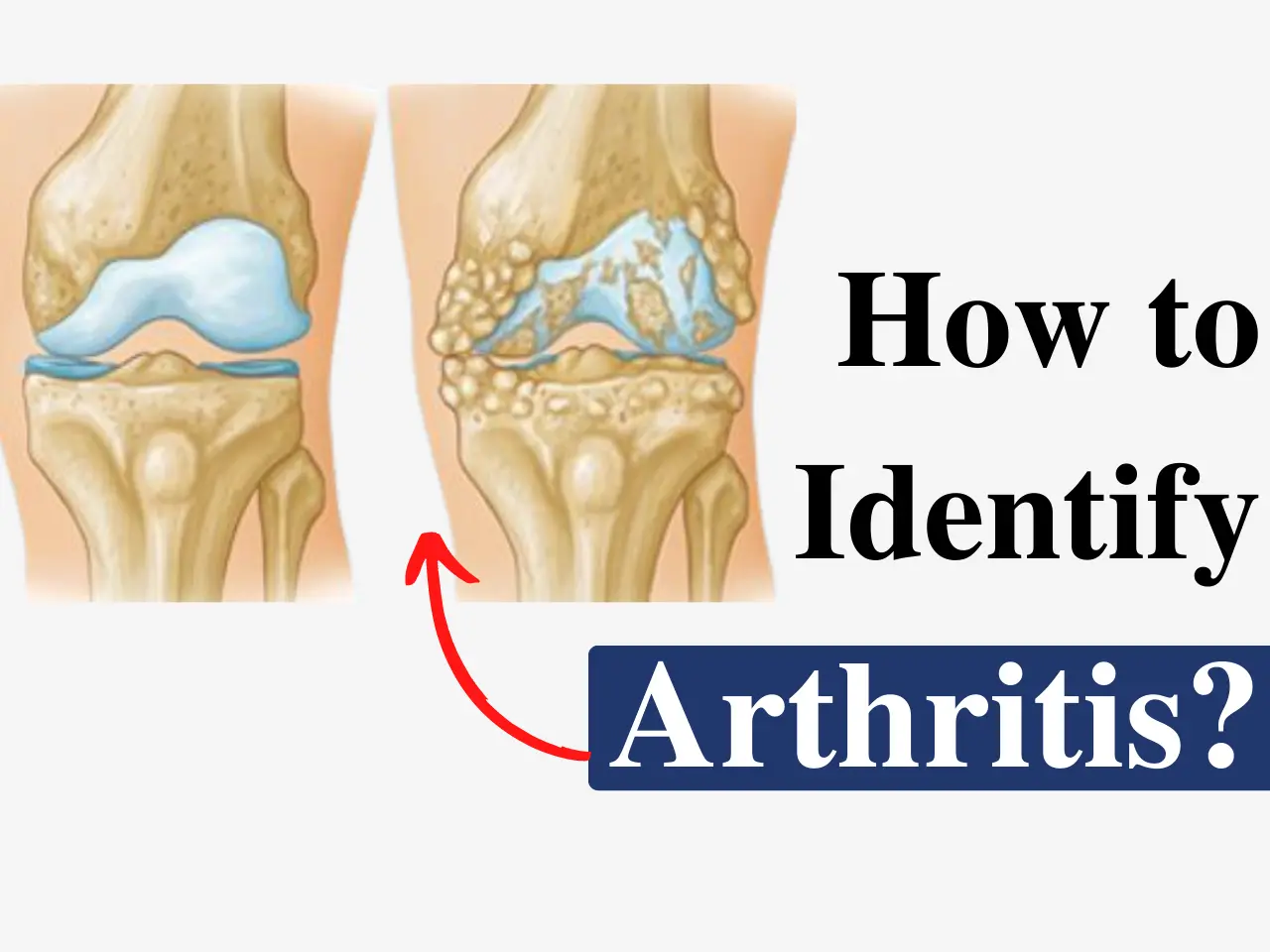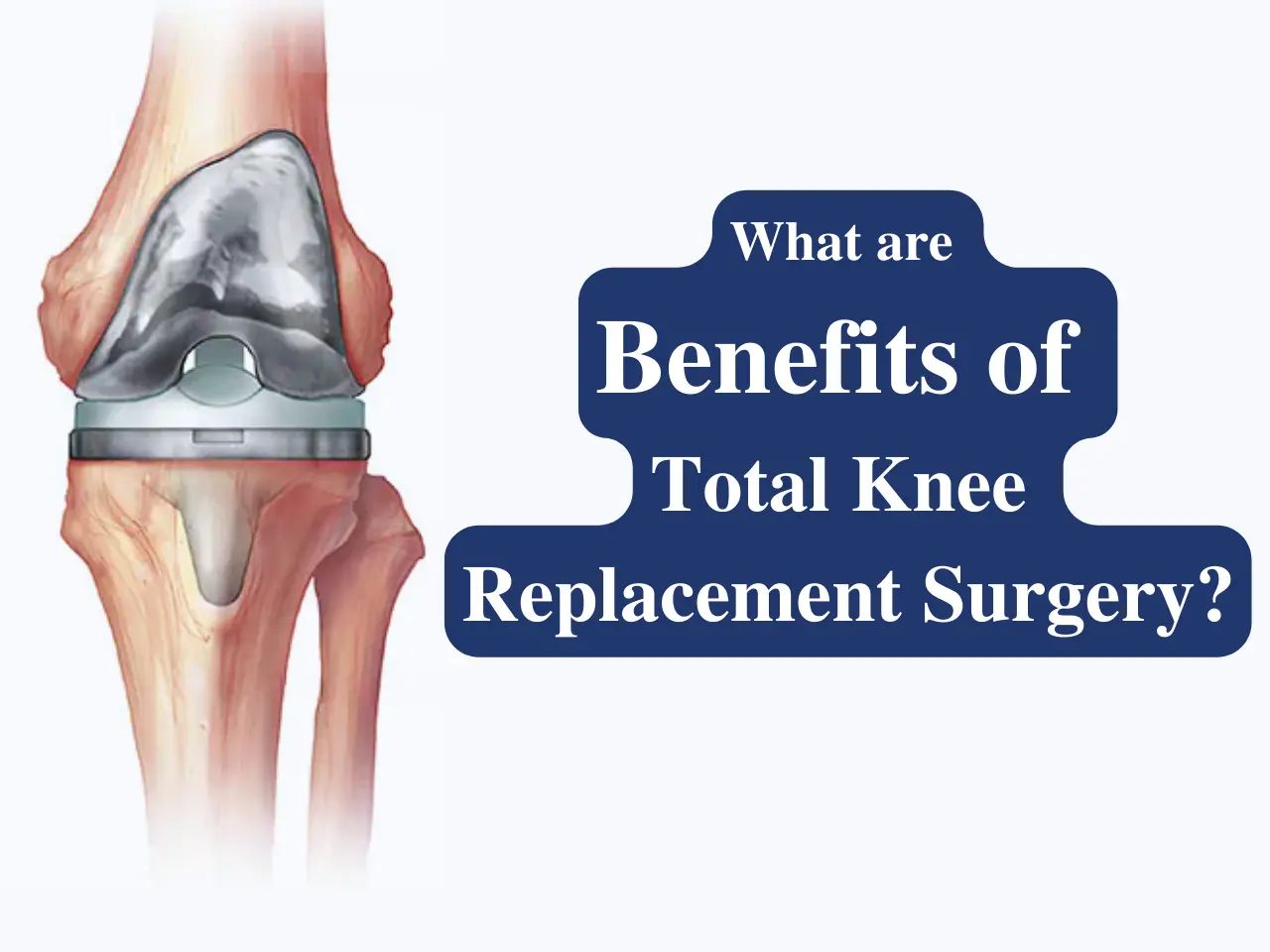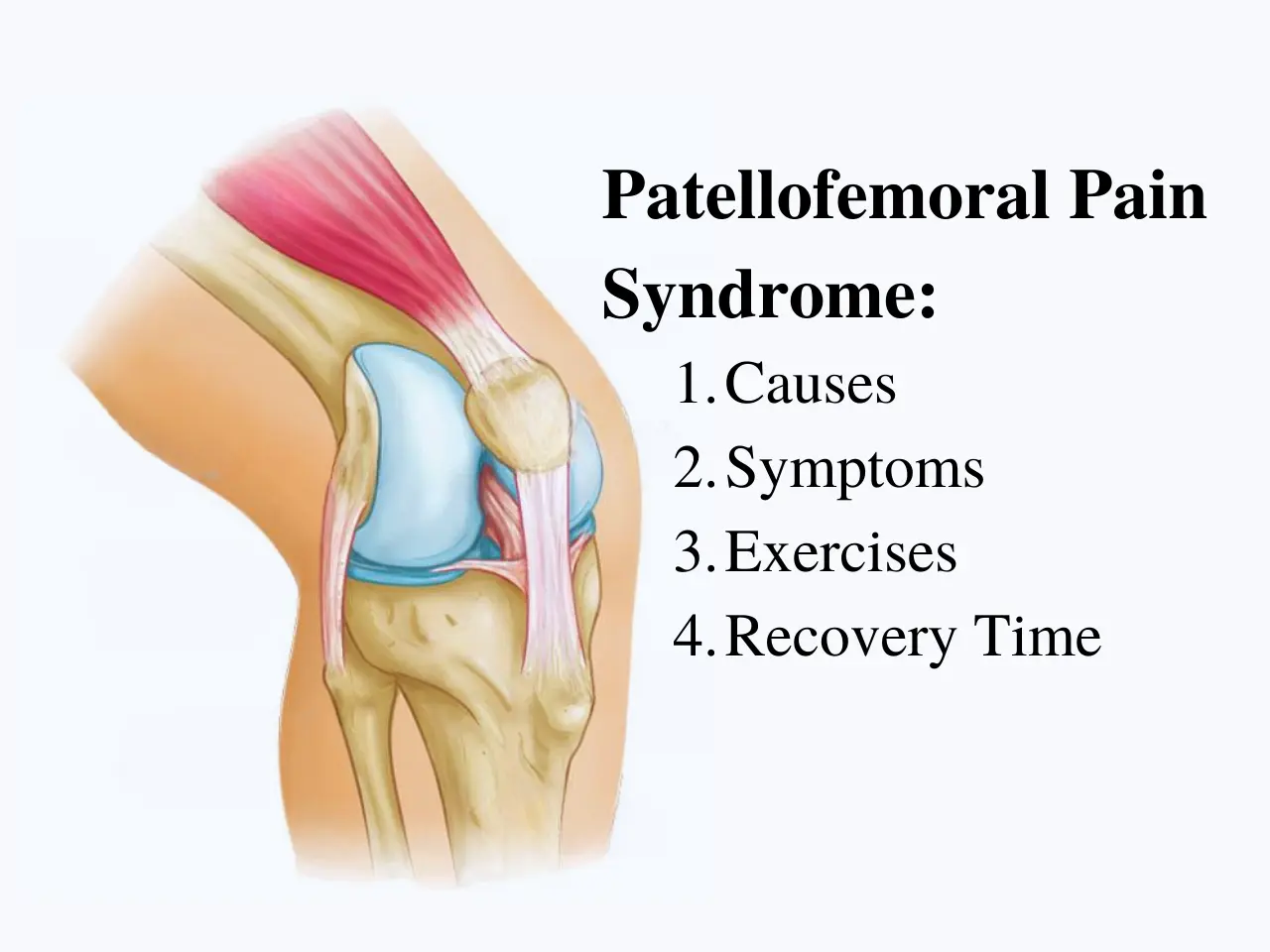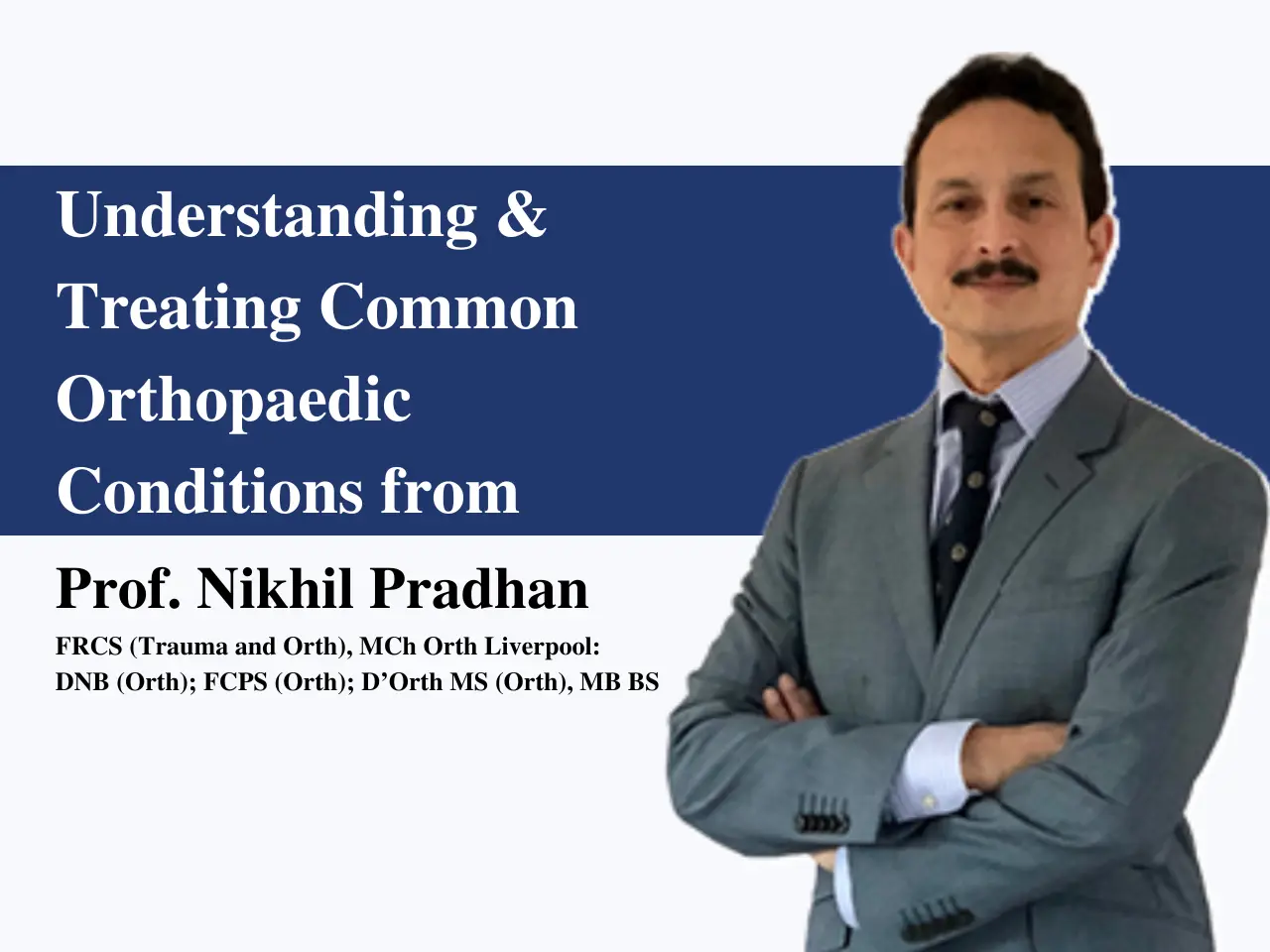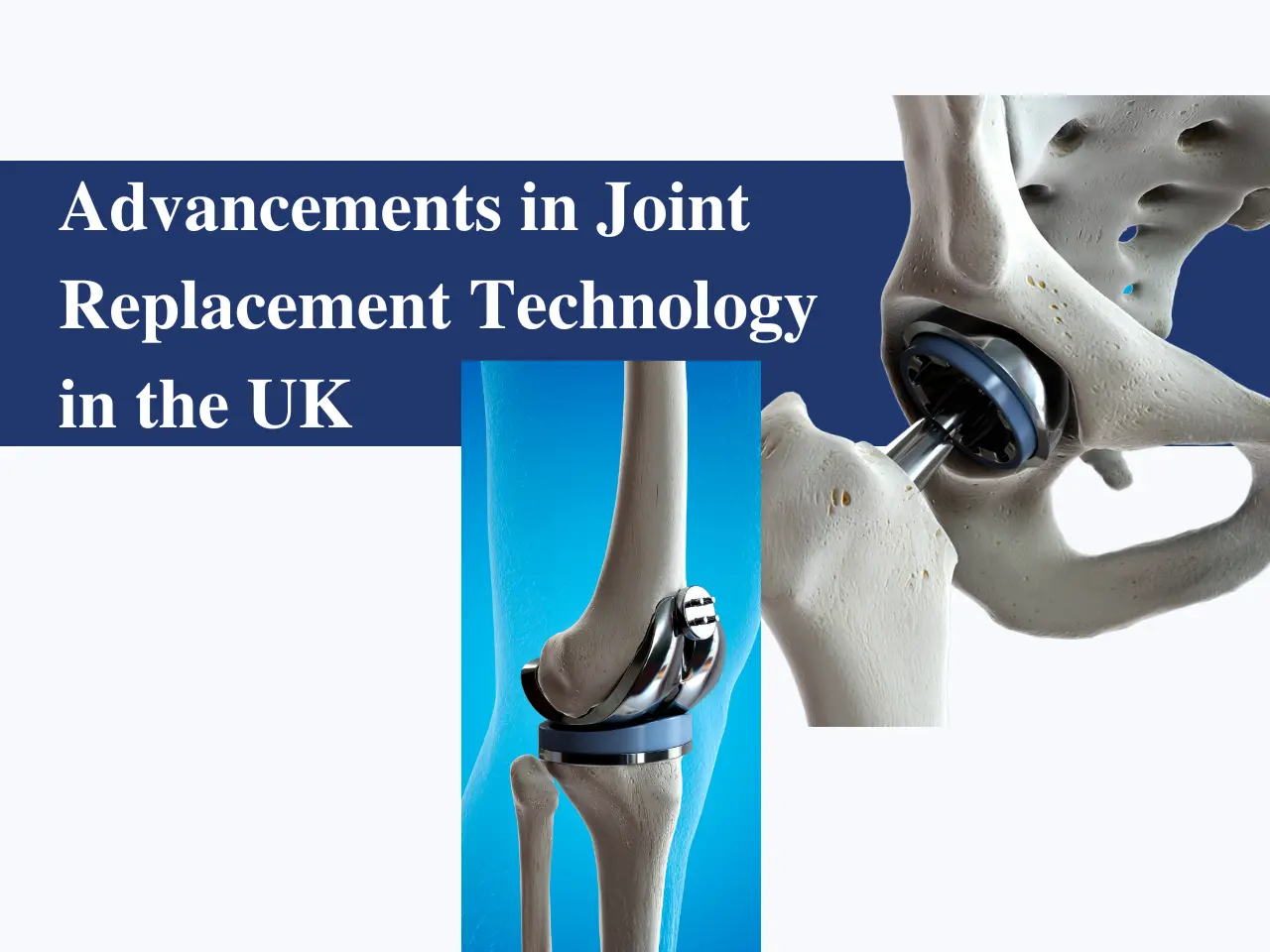Understanding Revision Surgery: Solutions for Failed Joint Replacements
Joint replacement surgeries, such as knee, hip, or shoulder replacements, are life-changing for many individuals suffering from chronic joint pain. These procedures are designed to restore mobility, reduce pain, and improve the overall quality of life. However, in some cases, the original joint replacement may not go as planned, and revision surgery becomes necessary.
In this blog, we’ll explore what knee revision surgery is, why joint replacements sometimes fail, and what patients need to know about this complex procedure.
Mr. Nikhil Pradhan, a leading knee, hip, and shoulder replacement surgeon in Cheshire, provides valuable insights to help you make informed decisions about your joint health.
What is Knee Revision Surgery?
Knee revision surgery refers to a procedure where an existing knee replacement is removed and replaced with a new prosthesis. This surgery is typically performed when the original implant has failed or complications have arisen, such as infection or instability.
Unlike the initial knee replacement, revision surgery is more complex, as it involves dealing with scar tissue, bone loss, or other structural issues that may have developed since the first surgery.
When Do You Need Knee Revision Surgery?
Knee revision surgery may be necessary for various reasons:
- Implant Wear and Tear: Over time, the prosthetic joint can wear out, especially if it was placed many years ago.
- Implant Loosening: The implant may loosen from the bone, causing pain and instability.
- Infection: A post-surgical infection may require removing the original implant to treat the infection before replacing it with a new prosthesis.
- Instability: If the knee joint becomes unstable or dislocates frequently, revision surgery can help restore proper function.
If you are experiencing any of these issues after a knee replacement, it may be time to consult a specialist like Mr. Nikhil Pradhan, one of the best knee revision surgeons in Cheshire, to determine if revision surgery is necessary.
Why Joint Replacements Sometimes Don’t Go as Planned?
Common Complications in Joint Replacement Surgeries
While joint replacement surgeries have high success rates, they are not without risks. Some common complications that can lead to the need for revision surgery include:
- Infection: Even with sterile surgical environments, infections can develop around the implant.
- Poor Implant Positioning: In some cases, the prosthesis may not be placed correctly, leading to discomfort or impaired movement.
- Wear and Tear: Over time, even the most durable prosthetics can wear out.
- Trauma or Injury: A fall or accident can damage the prosthetic joint or the surrounding bone, necessitating revision surgery.
Risk Factors That Increase the Chances of Complications
Several factors can increase the likelihood of needing revision surgery:
- Patient-Related Factors: Advanced age, obesity, poor bone quality, and overall health can all contribute to complications.
- Surgical Factors: Precision during the initial surgery is crucial; any misalignment can lead to problems down the road.
- Lifestyle Factors: High-impact activities after surgery, such as running or heavy lifting, can accelerate wear on the prosthetic joint.
Patients in Cheshire can trust Mr. Nikhil Pradhan to provide expert care and minimize the risks associated with joint replacement surgeries.
Is Knee Revision Surgery Safe?
Understanding the Risks Involved
Knee revision surgery is more complex than the original knee replacement, and while it is generally safe, it does carry some risks. These include:
- Infection
- Blood clots
- Nerve injury
- Joint stiffness
Despite these risks, revision surgery is often necessary to restore proper function and alleviate pain. Advancements in surgical techniques and technology have greatly improved the safety of knee revision surgery, making it a viable option for many patients.
Success Rates and Recovery After Knee Revision Surgery
The success of knee revision surgery depends on various factors, including the reason for the revision, the condition of the surrounding bone and tissues, and the patient’s overall health. Recovery can take longer than the initial surgery, but with proper rehabilitation and care, most patients experience significant improvement in pain and mobility.
Mr. Nikhil Pradhan, a leading knee replacement surgeon in Cheshire, emphasizes the importance of personalized care and rehabilitation to ensure the best possible outcomes for his patients.
The Process of Knee Revision Surgery
Preoperative Assessment
Before undergoing knee revision surgery, a thorough preoperative assessment is conducted to determine the extent of the problem. This includes:
- Imaging Tests: X-rays, MRIs, or CT scans to evaluate the current state of the implant and surrounding bone.
- Physical Examination: The surgeon will assess joint stability, movement, and any signs of infection or inflammation.
- Medical History: A detailed discussion of your symptoms and previous surgeries with your surgeon.
Mr. Nikhil Pradhan, one of the best knee revision surgeons in Cheshire, ensures that each patient receives a tailored preoperative plan to address their specific needs.
The Surgical Procedure
Knee revision surgery involves several steps:
- Removing the Old Implant: The surgeon carefully removes the existing prosthesis, often requiring the removal of some surrounding bone.
- Bone Grafting (if needed): In cases of significant bone loss, a bone graft may be used to rebuild the bone structure.
- Placing the New Implant: A new prosthesis is carefully placed, ensuring proper alignment and fit.
This surgery is more challenging than a primary knee replacement due to the complexity of removing the old implant and addressing any issues such as bone loss or infection.
Post-Surgery Care
Recovery after knee revision surgery requires careful management:
- Rehabilitation and Physical Therapy: A structured physical therapy program is essential to regain strength and mobility.
- Monitoring for Complications: Regular follow-up appointments to check for any signs of infection or joint instability.
- Follow-Up Care: Close monitoring with your surgeon to track progress and make adjustments to the rehabilitation plan.
Benefits of Knee Revision Surgery
Knee revision surgery can provide significant relief from symptoms that have persisted after an initial knee replacement. Benefits include:
- Reduction in chronic pain and discomfort
- Improved joint function and mobility
- Enhanced quality of life
- Extended longevity of the joint with a new, properly fitted prosthesis
Patients in Cheshire who work with Prof. Nikhil Pradhan, a top knee revision surgeon, can expect personalized care that maximizes the benefits of revision surgery.
How to Choose the Best Knee Revision Surgeon?
Experience and Expertise Matter
Knee revision surgery is a complex procedure that requires a high level of expertise. Choosing the right surgeon is critical to the success of the surgery.
Factors to consider include:
- Experience: How many knee revision surgeries has the surgeon performed?
- Specialization: Does the surgeon specialize in revision surgeries?
- Track Record: What is the surgeon’s success rate with similar cases?
Mr. Nikhil Pradhan, a renowned knee replacement surgeon in Cheshire, has extensive experience in performing knee revision surgeries and has a strong track record of successful outcomes.
Personalized Care and Patient Support
The right surgeon will not only have the technical skills but also provide compassionate and personalized care.
Look for a surgeon who:
- Communicates Clearly: Explains the procedure, risks, and recovery process in detail.
- Offers Comprehensive Support: Provides guidance throughout the pre- and post-operative phases.
- Tailors Treatment Plans: Offers individualized treatment based on your unique health needs and goals.
Conclusion
Knee revision surgery is a highly specialized procedure that can restore mobility and quality of life when joint replacements don’t go as planned.
If you’re experiencing pain or complications after a knee replacement, it’s essential to seek the advice of an experienced surgeon like Mr. Nikhil Pradhan, one of the best knee revision surgeons in Cheshire.
With the right care and expertise, knee revision surgery can help you get back to living life with improved comfort and mobility.
Book an Appointment:
If you are experiencing complications after joint replacement surgery or want to learn more about knee revision surgery, schedule a consultation with Mr. Nikhil Pradhan, a leading knee replacement surgeon in Cheshire, to explore your options for a successful revision surgery.

